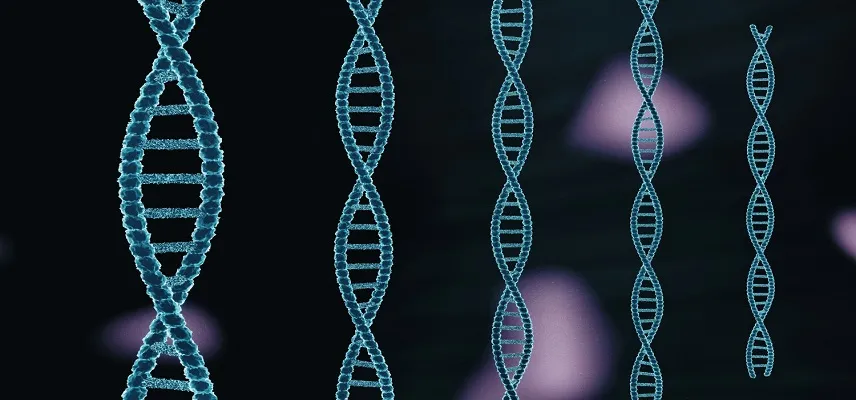
Ionis Pharmaceuticals, Inc. (Nasdaq: IONS) has announced the design of a pivotal Phase 3 clinical trial for ION582, an investigational treatment for Angelman syndrome (AS), following successful alignment with the U.S. Food and Drug Administration (FDA). AS is a rare neurodevelopmental disorder that typically presents in infancy, causing severe intellectual disability, motor impairment, and limited verbal abilities.
“After promising results from the Phase 2 HALOS trial, we are excited to have reached alignment with the FDA on the design of the Phase 3 REVEAL trial,” said Brett Monia, Ph.D., CEO of Ionis Pharmaceuticals. “This trial will focus on clinical endpoints that are most meaningful for individuals living with AS and their caregivers. We plan to enroll a diverse group of participants and initiate the global Phase 3 study in the first half of 2025, as we continue working towards offering a potential treatment for this devastating neurological condition.”
The global, randomized, placebo-controlled Phase 3 study is set to enroll approximately 200 children and adults with AS, specifically those with a maternal UBE3A gene deletion or mutation. The primary analysis will take place after about one year of treatment, with all participants transitioning into an open-label long-term extension (LTE) phase. Participants will be randomly assigned to receive either active therapy or placebo, with ION582 being administered quarterly at two dose levels without a loading regimen. The primary endpoint will focus on improvements in expressive communication, measured by the Bayley Scales for Infant and Toddler Development-4 (Bayley-4), an objective clinician-administered tool. This area is particularly important as expressive communication deficits are one of the most challenging symptoms for caregivers of individuals with AS. Secondary endpoints will include assessments of disease severity, cognition, communication, sleep, motor function, and daily living skills, along with other exploratory endpoints.
The study design follows positive results from the Phase 2 open-label HALOS trial. Data from the multiple ascending dose (MAD) portion of the trial showed that ION582 led to significant improvements in key functional domains such as communication, cognition, and motor function. Notably, 97% of participants in the medium and high-dose groups experienced improvements in overall AS symptoms, as assessed by the Angelman Syndrome Clinical Global Improvement Change (SAS-CGI-C) scale. ION582 also demonstrated a favorable safety and tolerability profile at all dose levels.
Ionis will provide further updates on the Phase 3 program and share additional data from the MAD portion of the HALOS trial at the upcoming FAST Global Science Summit on November 8-9.





